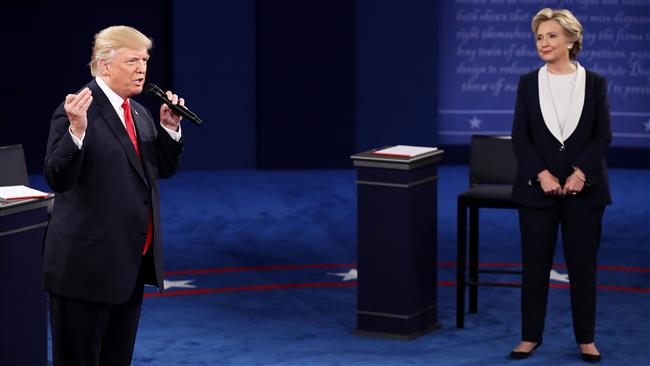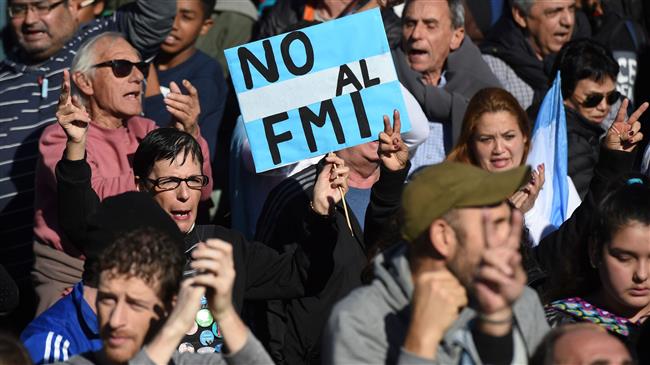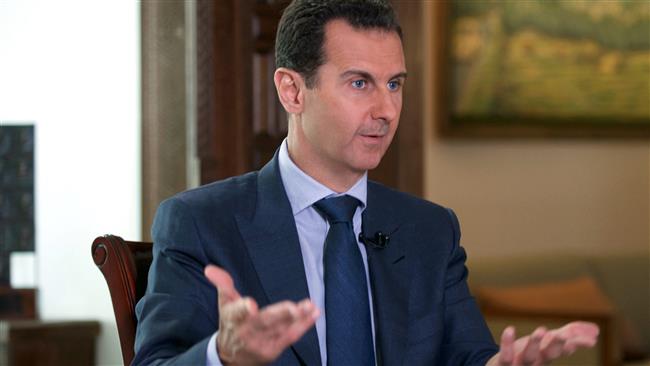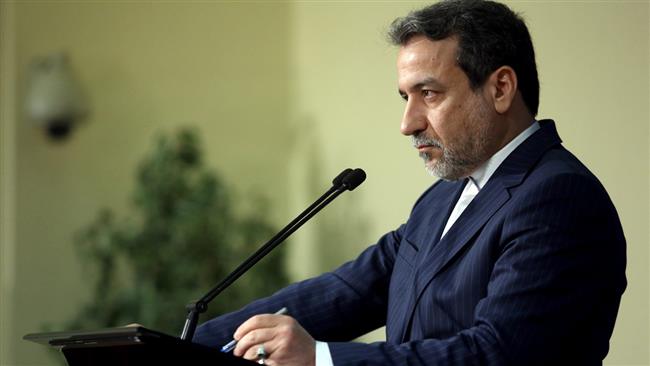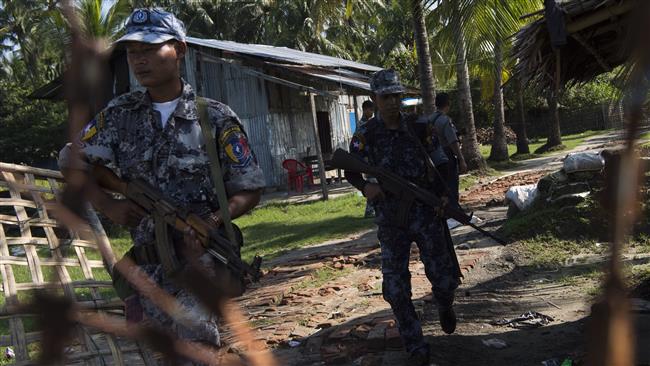Britain moves to deploy more troops in eastern Yemen: report
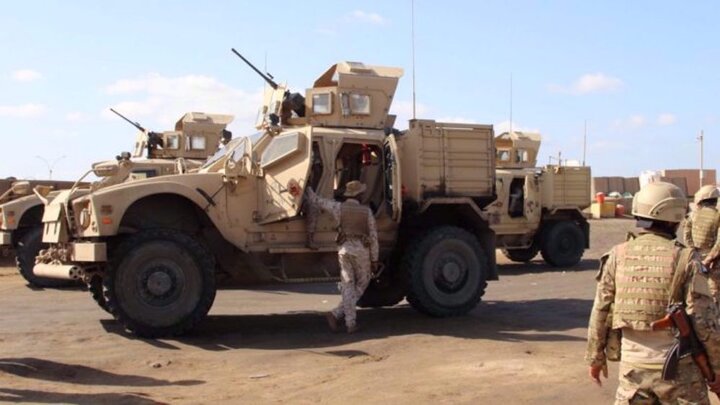
The Arabic-language al-Khabar al-Yemeni website reported on Monday that outgoing British Ambassador to Yemen Richard Oppenheim and a number of the embassy staff met via a video link with Shabwah governor, Awad bin al-Wazir al-Awlaki.
The report added that the two sides held talks on beefing up the presence of British troops in the eastern parts of Yemen.
It further cited informed sources, speaking on condition of anonymity, as saying that the British ambassador claimed that the deployment of British forces in those regions would help the United Arab Emirates (UAE) and its mercenaries to establish security and stability in Shabwah province.
British special forces have already been deployed to Yemen’s oil-rich eastern Hadhramaut province, the report said.
The forces are supported by Abu Dhabi, and Emirati forces together with allied militants are responsible for ensuring their security, it added.
The report cast doubt on the motives behind the increase in British military presence in Yemen’s oil-rich provinces.
“It could either be a blatant attempt to get a share in any future peace agreement or could be part of an agreement with the UAE to support separatist groups,” it said.
The governor of Shabwah currently resides in the UAE.
Earlier this month, the Yemeni defense minister in the National Salvation Government, Major General Mohammad al-Atifi, stated that Sana’a-based officials are closely monitoring the problems arising from the intervention of the United States and England in Yemen’s domestic affairs, especially with regard to disruptions of peace initiatives and humanitarian efforts.
He said that Washington and London impose their hostile and colonial agendas on the Saudi-led coalition, and are seeking to prolong the Yemen war and the tight blockade of the Arab nation.
“Even though the US and Britain talk about peace in Yemen; in practice, they leave no stone unturned to obstruct any future agreement,” the defense chief said.
Saudi Arabia initiated the war against Yemen in March 2015, enlisting the assistance of some of its regional allies, including the United Arab Emirates, as well as massive shipments of advanced weaponry from the US and Western Europe.
The Western governments further extended their political and logistical support to Riyadh in their failed bid to restore power in Yemen to the country’s former Saudi-installed government.
The former Yemeni government’s president, Abd Rabbuh Mansur Hadi, resigned from the presidency in late 2014 and later fled to Riyadh amid a political conflict with Ansarullah. The movement has been running Yemen’s affairs in the absence of a functioning administration.
The war further led to the killing of tens of thousands of Yemenis and turned the entire nation into the scene of the world’s worst humanitarian crisis.
MNA/ PressTV
